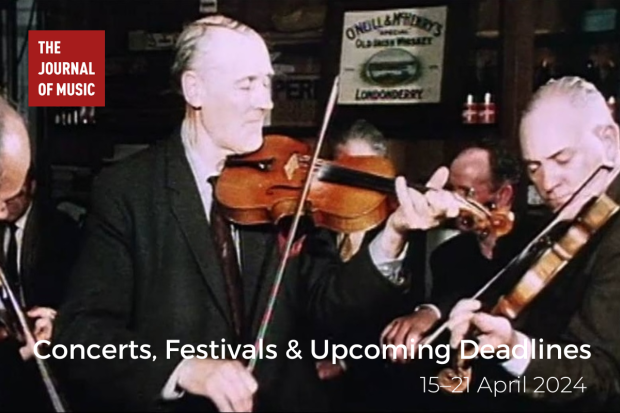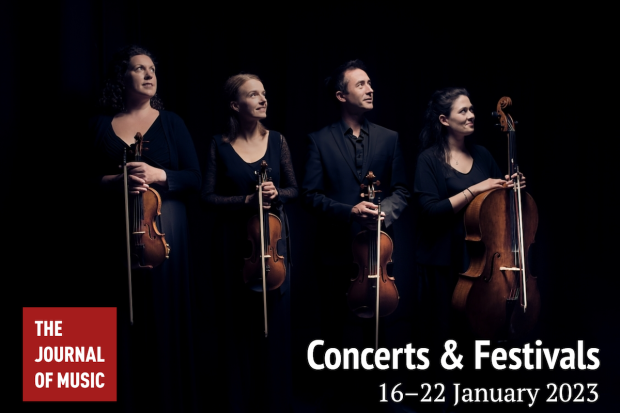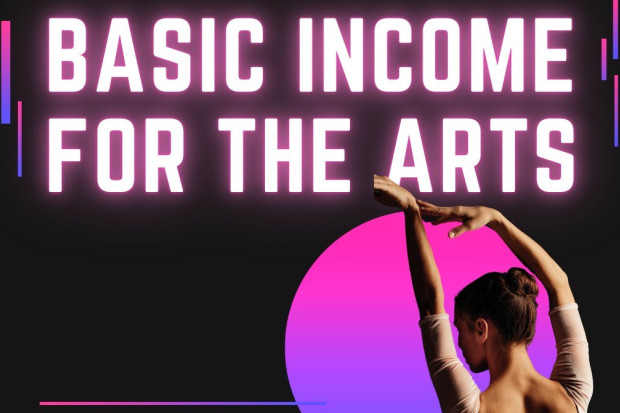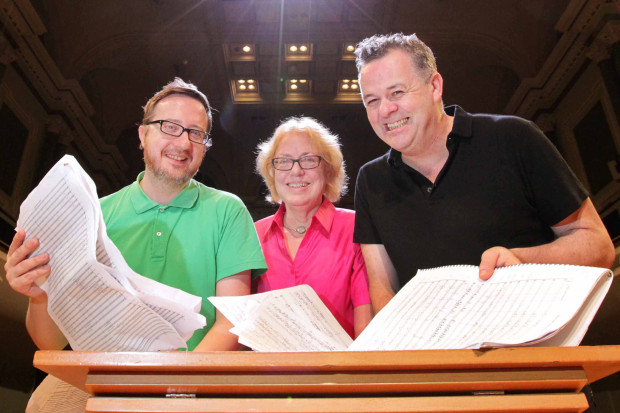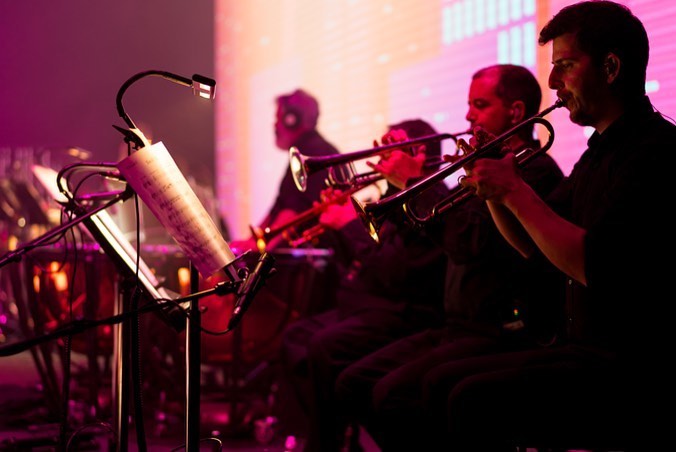
RTÉ Concert Orchestra (Photo: RTÉ)
Does the RTÉ Crisis Imperil Music?
The more we learn about the management of RTÉ through the Board’s statements on the covert payments to Ryan Tubridy, the more we have to consider the role the broadcaster plays in music in Ireland.
It is not that anyone would want its contribution to be further reduced – that has been the trend for years already – but the organisation doesn’t seem to realise its own importance to the Irish musical ecosystem. In all of the statements and on-air discussions of RTÉ’s value to Irish society, the emphasis has been on its role as a news organisation with some reference to entertainment shows and sport. There has hardly been a mention of its wider musical and cultural role, and this should be of real concern to the music community.
The reality is that RTÉ’s musical infrastructure, in Irish terms, is vast, and there is a very good reason for this: RTÉ needs music – it forms the majority of the broadcaster’s output across all of its radio stations, and it is key to its television programming. RTÉ relies on a vibrant Irish music sector – and Irish music needs RTÉ.
It therefore has three radio stations – Lyric FM, 2FM and Raidió na Gaeltachta, broadcasting mainly classical, popular and traditional music respectively – plus the broad music programming of Radio 1 and RTÉ television; RTÉ Concert Orchestra with its 40 professional musicians; Radio 1 Folk Awards, Choice Music Prize and the 2FM Rising artist initiative; digital radio stations including RTÉ Pulse and RTÉ 2XM, which focus on dance and alternative music; partner festivals such as New Music Dublin and the commissioning of composers; the Supporting the Arts scheme that advertises music events; the catalogues of the RTÉ labels; the RTÉ Culture website, music podcasts and the RTÉ Archives (including the recently published digitised acetate discs stretching back to the 1930s), not to mention the freelance musicians, arrangers and composers that it employs throughout the year. Ireland’s musical life would be much poorer without these supports, but so too would RTÉ’s output.
The broadcaster has to, therefore, make wise decisions as regards its music infrastructure, but what we have seen in recent years has been far less than that. In a short period, it has relinquished ownership of the National Symphony Orchestra because it could not afford to manage it properly, and lost its three choirs too, discarded its string quartet, threatened the closure of RTÉ Lyric FM, let the Lyric record label become moribund, failed to hire a Principal Conductor for the RTÉ Concert Orchestra following John Wilson’s departure in 2016, and, as we heard from the protesting RTÉ employees this week, cut costs for programme-makers making it almost impossible for them to do a professional job.
All of this instability is incompatible with the important music work that RTÉ does. Last Thursday, for example, on the same day that the RTÉ Board revealed the covert payments, an excellent new music series started on RTÉ One. Face the Music is a fly-on-the-wall documentary about the Royal Irish Academy of Music, exploring the lives, challenges and dedication of the young students, but is it not sadly ironic that, while it tells these young musicians’ stories, the broadcaster has been busy dismantling the classical music infrastructure that they will rely upon in the future?
Threats to RTÉ’s musical infrastructure
RTÉ is now immersed in another crisis that has long-term implications for the broadcaster, but the thin understanding of the relationship between RTÉ and music has got to be addressed. In two weeks, RTÉ will have a new Director General who will not only be tasked with dealing with the current scandal but will also have to tackle the ongoing financial issues at the broadcaster. When the cuts come, who will speak up for music? The new RTÉ Board (appointed in November) has no professional music expertise, whereas the previous one had RIAM director Deborah Kelleher. Neither is there anyone on the executive focused solely on the art form. There is a Group Head of Arts and Culture, and a Group Head of Entertainment, Music and Comedy, but no one whose remit is entirely music.
It is remarkable to think that at the same time as RTÉ was proposing the deal for Tubridy in late 2019, it was also trying to close the Lyric FM studios. Before an Oireachtas committee meeting in December of that year, the then Director General Dee Forbes came with no evidence of the costs that would be saved by closing Lyric but instead said, ‘the level of financial crisis we’re in … means taking lots of half-a-millions or four hundred thousands from various places to come up with an overall number.’ The politicians pressed for details, but none were forthcoming. Meanwhile, the Tubridy 2020 deal ended up costing a quarter of a million.
When Minister for Media Catherine Martin announced last Saturday that she had ordered an external independent review of not just RTÉ’s ‘governance’ but also its ‘culture’, she was pointing to a long-held frustration among the public that something was seriously wrong at the top. Change is coming for RTÉ, but we do not know what its implications will be for music. We should be insisting that in the inevitable management shake-up, a Head of Music is appointed, and that the organisation starts to realise what it has, rather than allowing its commercial wing to define its value. That has clearly been the case for too long, and it has brought it to one of its worst crises yet.
Subscribe to our newsletter.
Published on 28 June 2023
Toner Quinn is Editor of the Journal of Music. His new book, What Ireland Can Teach the World About Music, is available here. Toner will be giving a lecture exploring some of the ideas in the book on Saturday 11 May 2024 at 3pm at Farmleigh House in Dublin. For booking, visit https://bit.ly/3x2yCL8.










